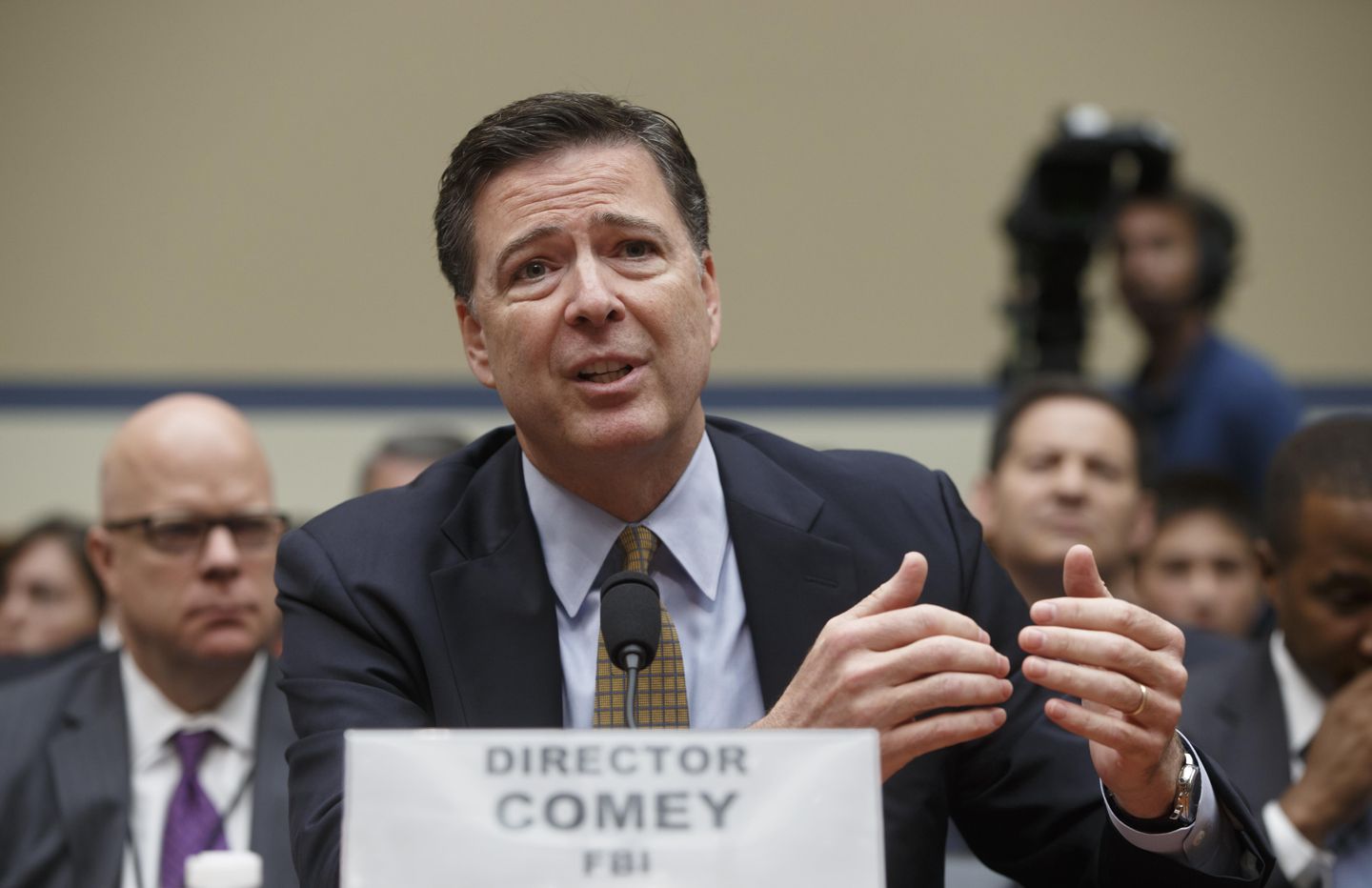
The FBI launched criminal investigations into John Brennan and James Comey over possible wrongdoing related to the Trump–Russia investigation, including alleged perjury to Congress, sources say.
CIA Director John Ratcliffe sent evidence of wrongdoing by Mr. Brennan to FBI Director Kash Patel to investigate for potential prosecution.
The referral, which was first reported by Fox News Digital, described Mr. Brennan’s and Mr. Comey’s interactions as a “conspiracy,” which could open up a wide range of potential prosecutorial options.
The Brennan investigation comes following a new report from the CIA that condemned the way intelligence agencies, including the CIA under Mr. Brennan, concluded that Russia had interfered with the 2016 presidential election in President Trump’s favor.
The Washington Times reached out to the FBI and DOJ for comment.
Mr. Ratcliffe ordered a “lessons-learned review” of the steps taken in the intelligence community assessment titled “Russia’s Influence Campaign Targeting the 2016 U.S. Presidential Election” in May of this year.
The review focused on whether Russian President Vladimir Putin “aspired” to help Mr. Trump win his first election.
The investigations dominated the president’s first term, even though he vehemently denied any connection to the Kremlin.
In social-media posts after the release of the memo, Mr. Ratcliffe said the president “has trusted me with helping to end weaponization of US intelligence.”
He said the report “underscores that the 2017 IC Assessment was conducted through an atypical & corrupt process under the politically charged environments of former Dir. Brennan & former FBI Dir. [James] Comey.”
In a subsequent post, he said Mr. Brennan, Mr. Comey and former Director of National Intelligence James Clapper “manipulated intelligence and silenced career professionals — all to get Trump.”
The declassified eight-page memo released last week referenced “anomalies” of the earlier investigation, but it did not refute its findings.
It also said the assessment demonstrated “strong adherence to tradecraft standards” and the “analytic rigor exceeded that of most IC assessments.”
“While the overall assessment was deemed defensible, the identified procedural anomalies and tradecraft issues highlight critical lessons for handling controversial or politically charged topics,” the report said.
Ultimately, the report hit at the inclusion of the summary of the Steele dossier, a report that made salacious allegations of misconduct and cooperation between the Trump campaign and Russia.
The report called the dossier “unsubstantiated” and said that using it “implicitly elevated unsubstantiated claims to the status of credible supporting evidence, compromising the analytical integrity of the judgment.”
Mr. Ratcliffe said the reason for the anomalies is that “agency heads at the time created a politically charged environment that triggered an atypical analytic process around an issue essential to our democracy.”
He vowed to make sure “our analysts have the ability to deliver unvarnished assessments that are free from political influence.”
The role Russia played in the 2016 election has been looked at several times aside from the original 2017 assessment.
Special counsel Robert Mueller conducted a nearly two-year investigation. His findings, released in 2019, found that Russia did try to influence the election, but the Trump campaign did not conspire with those efforts.
The Senate intelligence committee released its own report on Russian interference in the 2020 election, with findings similar to the Mueller report.
• Mallory Wilson contributed to this report.












